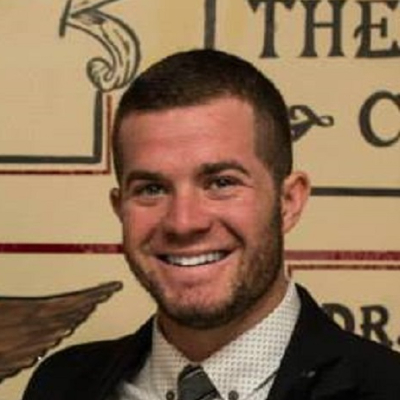Dr. Preston Waltrip, 2022-23 Riley Scholar-in-Residence in the Department of English, has published a new essay in American Literary History entitled, “Recovering the Lost Dream of the Past: Historical Memory and the Present in Carmen Boullosa’s Texas: The Great Theft.” Waltrip’s essay examines Boullosa’s 2012 historical novel, which is set in the Brownsville-Matamoros region of the US-Mexico borderlands in 1859. Through the fictionalization of historical lynchings of Mexican Texans and an often anachronistic and magical realist historical revision of the First Cortina War (1859–1860), the novel depicts how the cultural imaginaries that served to justify racialized violence in the Texas borderlands left a persistent ideological residue that continues to exist in the present.
Drawing upon Ken Gonzales-Day’s concept of the wonder gaze and Alexander G. Weheliye’s critique of biopolitical discourses, Waltrip shows the ways in which the novel’s representation of lynching illustrates and interrupts how lynchings of Mexican Texans served not only as concrete acts of racialized violence against individuals, but also symbolically perpetuated and justified future violence against other Mexican subjects. Although Boullosa draws a seemingly bleak causal connection between present and past colonial attitudes, Waltrip’s research reveals how the novel argues against the overdetermination of necropolitics through the character of Lázaro Rueda. It is this figure who responds to lynching by affirming his life and upholding modes of being and memory that evade historical erasure and racialized violence. For Boullosa, Waltrip contends, the colonial ideology of the mid-nineteenth-century borderlands is causally connected to the twenty-first-century ideology that proposes border walls, encourages white Americans to criminalize nonwhite subjects, and permits events like the maquiladora murders.
Dr. Waltrip joins the Colorado College community having recently completed his doctorate at the University of California, Riverside. He will be teaching three courses this year including “Introduction to Chicanx and Latinx Literatures,” “Historical Novels of U.S./Mexico Borderlands,” and “Advanced topics in Muti-ethnic U.S. Literatures.”






